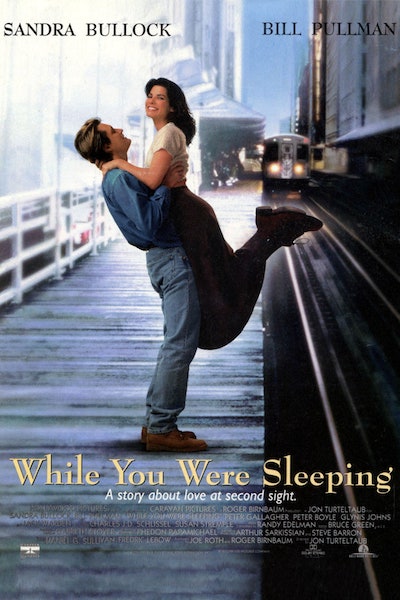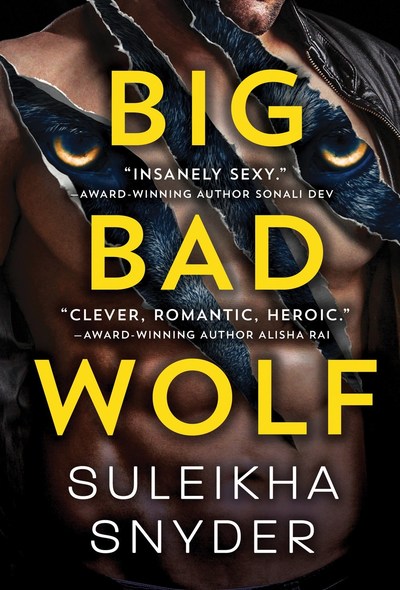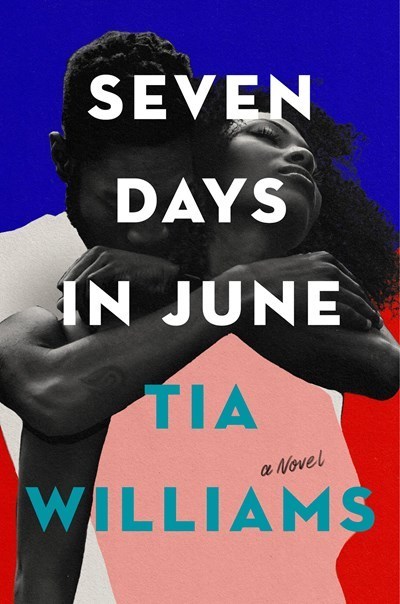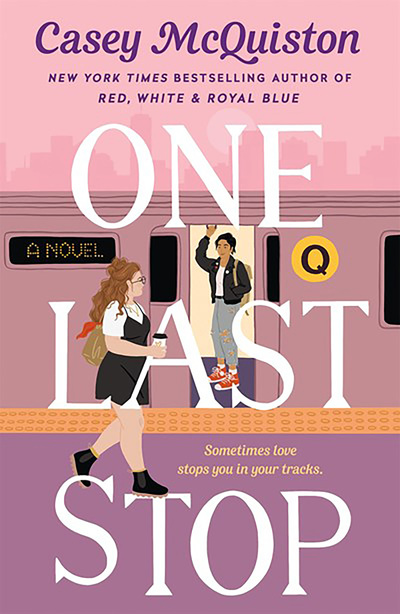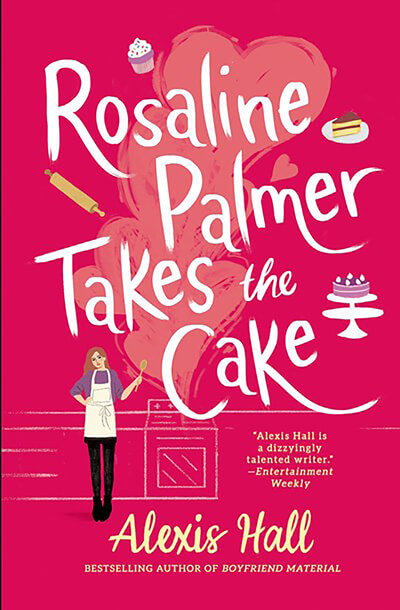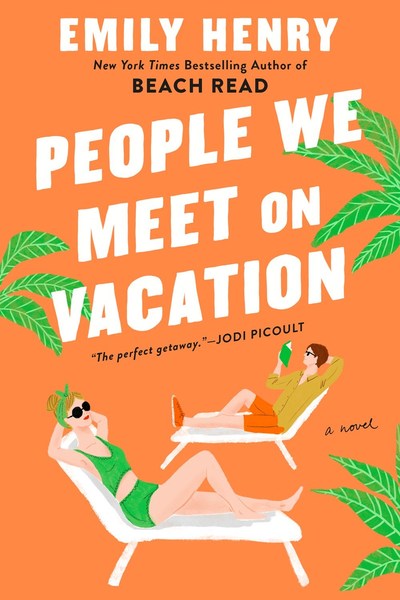Stories that chronicle the discovery and cementing of a soulmate are unfailingly popular, whether they spring from mythic origins or feature a dramatically foiled kidnapping. The endings are no surprise, but it’s the endless ways to reach that happy moment that make romance fans come back again and again and again.
★ Electric Idol
Neon Gods author Katee Robert returns with another contemporary take on Greek mythology in Electric Idol. Psyche, the daughter of Demeter, is being groomed to take her place in the city of Olympus’ hierarchy when she encounters Aphrodite’s son, Eros. He’s as deadly as he is beautiful, and his work as his mother’s ruthless fixer has made him a legend. But when Psyche does him a good turn, she attracts not only Eros but also the lethal intentions of his mother. Robert employs one of the most beloved romance tropes, the marriage of convenience, when Eros offers to marry Psyche in order to protect her. Two strangers becoming quickly but intimately acquainted, then falling in love and finally committing to each other, is not only delicious, it’s practically a microcosm of the entire romance genre. Electric Idol has danger, a clever heroine and just enough world building to not weigh down its best feature: the emotional metamorphosis of the seemingly monstrous Eros into a kind and adoring lover. Don’t miss this sexy and sensational book.
★ Seoulmates
Seoulmates completes Jen Frederick’s lovely and lyrical duology about Hara Wilson and her journey to Seoul, South Korea, to find her roots. In the first book, Heart and Seoul, Hara found her birth mother and fell in love with the charming and rich Yujun—only to learn that he is her stepbrother. (In Korean culture, a romantic relationship between stepsiblings is completely taboo.) As Seoulmates begins, the pair are trying to decide if being together is worth becoming outcasts from both their family and society. Hara feels conflicted, but not about her love for Yujun or her fascination with the culture and food of Seoul, which Frederick describes in lavish (and delicious) detail. The intimate first-person perspective allows readers’ hearts to ache and soar along with Hara’s as she experiences both disaster and triumph. Learning to navigate a different culture and language as well as new relationships is a hard road, but Hara is stronger than her doubts. Even though a happily ever after looks out of reach, Hara learns to trust herself and the people she’s let into her life in this highly enjoyable read.
Highland Wolf
Love blossoms for a laird’s daughter after she’s saved from an unwanted marriage in Highland Wolf by Lynsay Sands. On the verge of being forced to marry one of her uncle’s friends, Lady Claray MacFarlane considers leaping to her death, but she’s rescued by a mercenary known as the Wolf. He plans to return her to her father, but he also has a secret—he’s her betrothed, Bryson MacDonald, who was thought to have perished years ago. Though Claray initially befuddles her no-nonsense husband-to-be with her soft spot for wounded animals, she ultimately proves herself to be the stalwart partner he needs. Danger lurks, but that doesn’t stop the lusty pair from finding time for each other in smoking-hot scenes. Sands keeps the action moving, and readers will fall head-over-heels for the ferocious Wolf and his growing tenderness for his lady. The detailed descriptions of medieval life and well-drawn characters make Highland Wolf a standout historical romance.
On a Night Like This
There’s something enchanting going on in Lindsey Kelk’s On a Night Like This. Told in a breezy first-person voice, this charming British rom-com finds personal assistant Fran Cooper taking on a temporary assignment that involves spending the night on an Italian island that is playing host to an over-the-top celebrity- and billionaire-studded event known as the Crystal Ball. Tired of stewing over her cheating fiancé and stalled life, Fran decides to sneak into the party. Once there, she meets Evan, who seems to have stepped out of her most romantic daydreams. Their eyes meet and it’s magic, but Evan insists they have this one night of friendly fun without thoughts of the future. This is sigh-worthy, entertaining escapism, all dressed up in sequins. The exotic locale and Cinderella touches add to the kisses-only fun.
Count Your Lucky Stars
Old friends find good fortune in Count Your Lucky Stars by Alexandria Bellefleur. Olivia Grant is still recovering from the end of her relationship with her high school sweetheart when she gets a golden opportunity for career advancement: planning a last-minute wedding between local VIPs. Color her shocked when the best woman is none other than her childhood BFF Margot Cooper, with whom she had a spring break fling during her senior year. The two avoided discussing their feelings when they parted, but 11 years later, sparks still fly between them. This extremely sexy rom-com is full of lingering glances and fiery love scenes, and there’s an awesome circle of found family helping the old friends and sort of new lovers sort through their feelings. While there are obligatory scenes played for laughs, Bellefleur also makes the sincere observation that the person who sees you the clearest is often the person who scares you the most. Thoughtful conversations about relationships balance the comedy in this ultra-satisfying read.






